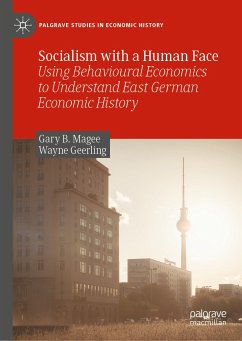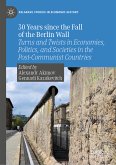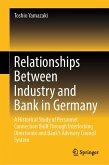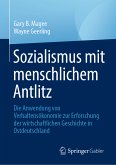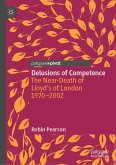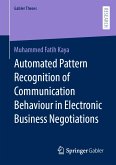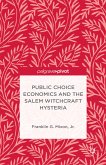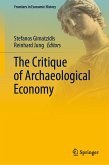Through a series of cases studies that examine the establishment of socialist workplaces, the searches for productivity growth and efficiency, and the emergence of financial crisis, the book considers the system from the perspective of the humans who operated it and made the decisions that made it work. Unencumbered by political preconceptions, it offers a more realisticunderstanding of East German economic history than that derived from stagnant debates about the clash of systems. The new perspectives and approaches presented demonstrate that, extracted from its Cold War context, East Germany's economic history can be analysed for what it was, rather than for what it symbolised.
Gary B. Magee is a Professor of Economics at Monash University, a Fellow of the Academy of Social Sciences in Australia, and a Fellow of the Royal Historical Society. He has published widely in the fields of economic history, history and historical political economics.
Wayne Geerling is an Associate Professor at Monash University. His expertise lies in European economic history. He has published widely in leading peer-reviewed journals in the fields of economics, economic history and history. He is the author (with Gary B. Magee) of Quantifying Resistance: Political Crime and the People's Court in Nazi Germany (2018).
Dieser Download kann aus rechtlichen Gründen nur mit Rechnungsadresse in A, B, BG, CY, CZ, D, DK, EW, E, FIN, F, GR, HR, H, IRL, I, LT, L, LR, M, NL, PL, P, R, S, SLO, SK ausgeliefert werden.

